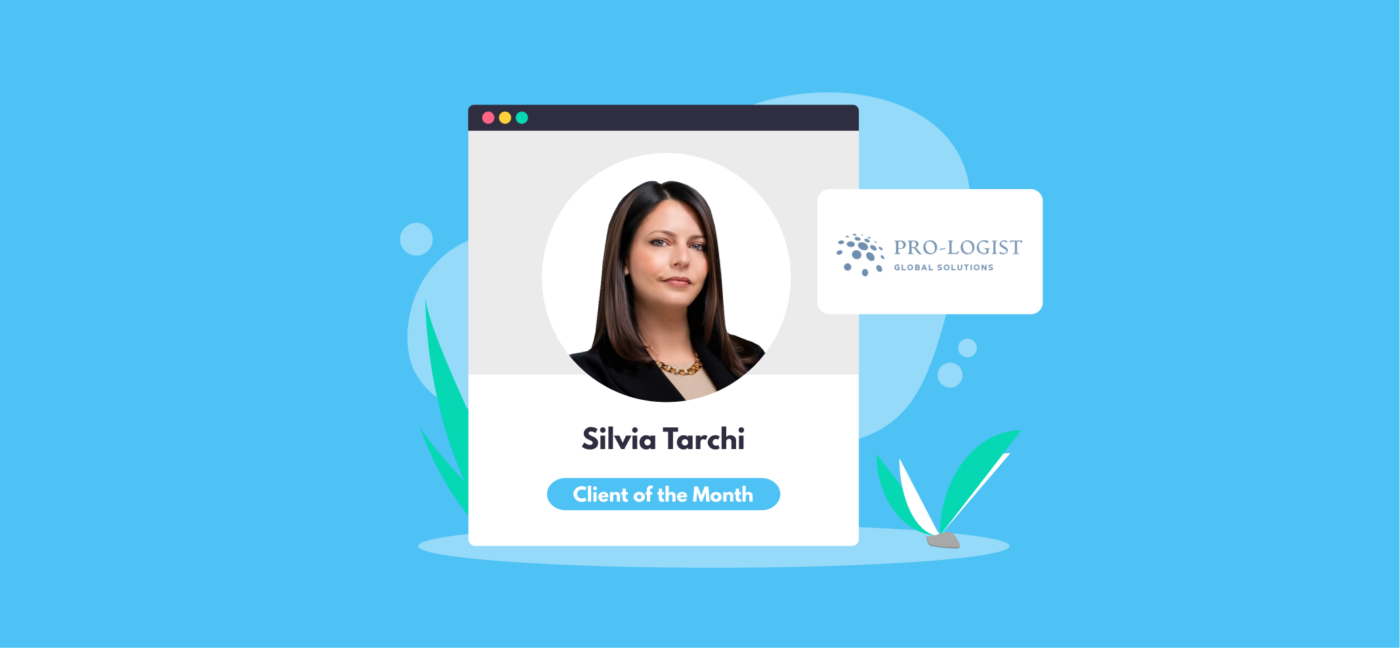

What is my Employment Status?
Your employment status is about how your relationship with your employer or client is classified legally. Usually, you will fall into one of three main categories: employee, worker or self-employed. Your rights, benefits and responsibilities then depend on which category you’re in.
What is the difference between an employee, a worker and being self-employed?
In a nutshell, if you’re an employee, you have certain rights at work around things like sick pay, annual leave, access to a workplace pension scheme, etc. Your working hours and duties will be set out in your employment contract.
If you’re a worker, you’ll also have rights at work but not necessarily the same ones as an employee. For example, workers tend to lack some key benefits like statutory notice periods, the right to request flexible working, and protection against unfair dismissal after two years of service, which are typically given to employees.
Your working relationship is also likely to be more casual, being called in when you’re needed or there are hours available, rather than working a set shift pattern or rota.
As a self-employed person working for a client, any rights that you have will normally be restricted to those which you include in your client agreement or contract.
So, employees and workers aren’t the same thing?
No, not quite. You’re likely to be an employee if:
- Your employer sets out the work they want you to do and how you should complete it on a day-to-day basis (even if you actually do the work alone)
- It says in your contract that your work must be done by you only, and you can’t get someone else to do it for you, like a freelancer
- Your contract guarantees that you’ll get a minimum number of working hours each week or month – and you have to complete them
However, you’re likely to be a worker if none of the above apply to you, except for:
- Under your contract you have to do your work yourself – you can’t give it to someone else
- Your employer isn’t a customer or client of a business that you run
What if I work for an agency?
If you are signed up with an agency and work for several different different clients, you’ll be classed as an ‘agency worker’. You can check your rights on the Citizens Advice website.
In some cases, you may have a contract with an ‘umbrella company’ rather than the agency. If this is the case, it should show in your contract.
Why is it important to know my employment status?
Knowing your employment status will help you to understand and assert your rights, meet your obligations, and make more informed decisions about your career and financial situation. It means you can also be clear on things like paying tax.
Legal rights and protections
Your employment status determines the rights and protections you have under UK employment law. For example, as we’ve already mentioned if you’re an employee, you are entitled to rights such as minimum wage, paid holiday leave, and protection against unfair dismissal.
What tax you should be paying
Different employment statuses have different tax implications. Understanding your employment status helps you make sure that you’re paying the right amount of tax and National Insurance contributions. For example, employees have income tax and National Insurance contributions deducted from their pay, whereas self-employed people are responsible for paying their own taxes.
Access to benefits
Your employment status can affect your eligibility for certain benefits and entitlements, like maternity/paternity leave and state pension. Employees generally have more access to benefits compared to self-employed people or workers.
Employment contracts
Your employment status determines the type of contract you have with your employer. Employees usually have a contract of employment outlining their rights, responsibilities, and terms of employment. Understanding your status means you’re more aware of your contractual responsibilities and entitlements.
Enforcing your rights
If you think your employer isn’t complying with your rights or if you face unfair treatment, understanding your employment status helps you get the right legal support. Different statuses may have different avenues for resolving disputes or seeking redress.
Immigration status
If you aren’t a UK national, your employment status may also affect your immigration status and right to work in this country. It’s therefore important to understand how your employment status impacts your ability to remain and work legally.
How does my employment status affect IR35 rules?
Understanding your employment status is crucial when it comes to IR35 legislation, as it determines whether you fall within the scope of IR35 rules or not.
IR35 aims to tackle tax avoidance by contractors who work as ‘disguised employees’ but operate through intermediary companies, like personal service companies (PSCs).
As a result, you may need to pay taxes and National Insurance contributions just like a normal employee, even though you are technically self-employed.
However, if your employment status is outside IR35, HMRC will treat your working relationship as genuinely self-employed. In this case, you can continue to enjoy the tax benefits associated with working as a contractor, like more favourable tax rates and the ability to claim business expenses.
It’s why being clear on your employment status is so important, not only for compliance with IR35 rules but also for managing your tax obligations and maximising your take-home pay as a contractor.
How can I check my employment status?
To check your employment status, start by looking at your employment contract, payslips, or any relevant documentation your employer has given you. This should show you your employment status, whether you are classified as an employee, a worker or self-employed.
You can also use the HMRC online tool to check your employment status for tax purposes. If you’re still not sure, we recommend getting in touch with your employer or a legal advisor for advice.
Learn more about our online accounting services for businesses. Call 020 3355 4047 to chat to the team, and get an instant online quote.
Want to learn more?
Subscribe to our newsletter to get accounting tips like this right to your inbox

Read more posts...

April 2024 Client of the Month: Pro-Logist ltd
23rd April 2024This month we spoke to Silvia, Managing Director of Pro-Logist ltd! Pro-Logist ltd | LinkedIn Hey Silvia! Tell us about your business Pro-Logist,…
Read More
The Self-Employed Guide to Retirement Planning
19th April 2024Pension planning is often something we forget about until later in life, but the earlier you think about it, the better. Everyone…
Read More
14 Accountancy Terms Explained for Startups
17th April 2024Starting a business can be complicated enough, especially with all the new lingo that crops up along the way. In this article…
Read MoreConfirm Transactions
The number of monthly transactions you have entered based on your turnover seem high. A transaction is one bookkeeping entry such as a sale, purchase, payment or receipt. Are you sure this is correct?
Please contact our sales team if you’re unsure
VAT Returns
It is unlikely you will need this service, unless you are voluntarily registered for VAT.
Are you sure this is correct?
Call us on 020 3355 4047 if you’re not sure.
Bookkeeping
You will receive our bookkeeping software Pandle for free, as part of your package.
You can use this to complete your own bookkeeping, or we can provide a quote to complete your bookkeeping for you.
Please select and option below:
Call us on 020 3355 4047 if you’re not sure.

